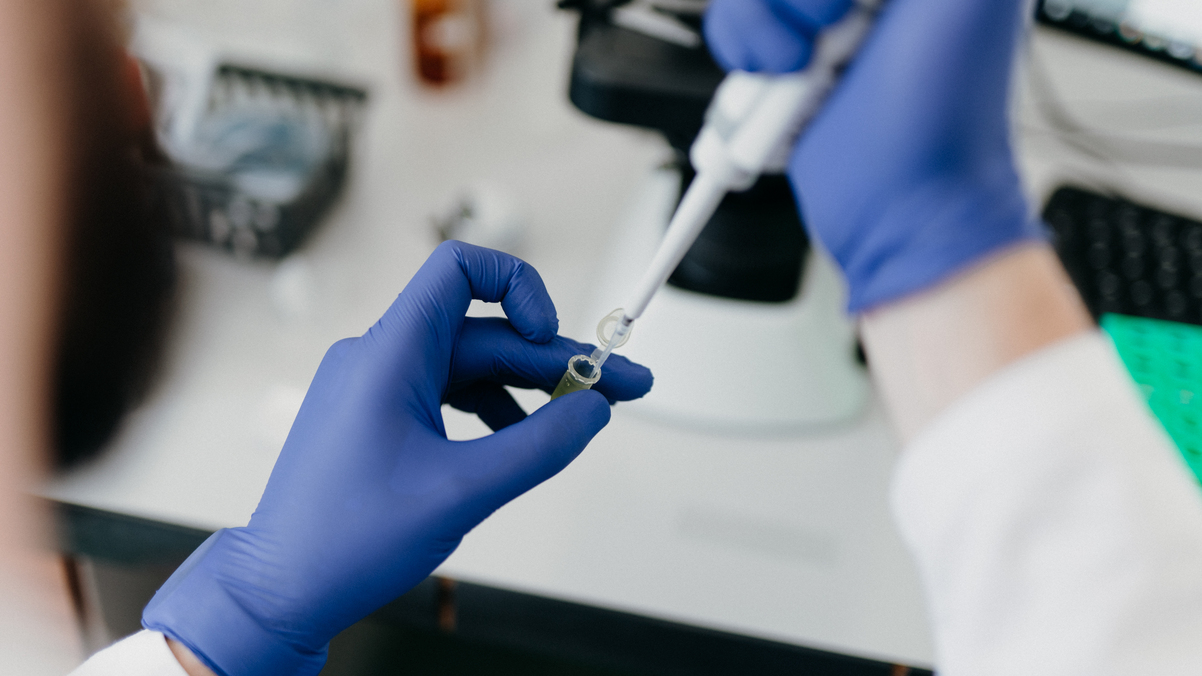
Biotechnology (Bc.)


- Field of study: biotechnology
- Form of study: Full-time
- Degree of study: 1., bachelor
- Length of study: 3 years
- Language of instruction: english
At the time of completion, students of the Biotechnology study programme have the following theoretical knowledge, practical skills and abilities:
-
Fundamentals of chemistry (general, inorganic, organic, analytical, physical, biochemistry), biology (microbiology and molecular), genetics, biotechnology (microbial, agricultural, enzymatic and environmental), ecology, as well as mathematics, physics and statistical analysis. In the Bachelor's degree, students also acquire knowledge in selected, specialised areas, such as virology, food quality, nutrition, toxicology, bioinformatics, scientific databases. They acquire or improve their knowledge and practice in scientific English.
-
They acquire habits for defining scientific hypotheses, preparing (experimental) projects to verify them, experimental design, defining outcomes and characterizing them, presenting, defending and implementing them (also in practice).
-
Graduates of the Bachelor's degree have theoretical knowledge of the structures of prokaryotic and eukaryotic biological systems and the nature of the processes (physicochemical, biochemical and physiological) taking place in them as well as the mechanisms of their regulation. They gain an overview of these and know how to apply them in practice. They learn the basics of methods of intervention into the genome of prokaryotic and eukaryotic cells, principles of genetic modification of organisms, basic ways of characterising genetic changes and gain an overview of the use of genetically modified organisms in various fields of practice.
-
They are able to carry out the preparation of biological systems for their practical use and independently solve (manage) partial operations related to their targeted use in the agro-food, pharmaceutical-medical and chemical-environmental fields. They have sufficient theoretical knowledge and practical experience necessary to carry out laboratory control and evaluation of the data obtained and can communicate with an equivalent level of management. They possess knowledge of the economic, legal, ethical and environmental aspects of biotechnology that enables them to apply themselves at the middle level of functional activities in the scientific, research, production and business spheres.
Graduates of the bachelor's degree programme in biotechnology are applied in chemical, pharmaceutical, medical, environmental research and operational facilities, in the production sphere in the monitoring of the natural environment, processing and use of databases. Occupations where the graduate can find employment include:
-
laboratory technician in various departments (biochemistry, microbiology, etc.),
-
chemical production operator,
-
raw material reception worker, fermenter/distiller production worker,
-
production technician, etc.
90% of the students go on to pursue a 2nd degree in biotechnology or a related field.
Conditions of admisiion for the DAILY form of study.
Requirements for applicants, method of selection and recommended personal qualities
Number of students admitted to the study programme: 50
The basic condition for admission to the bachelor's programme is the acquisition of a complete secondary education or a complete secondary vocational education (Section 56(1) of Act No. 131/2002 Coll. on Higher Education and on Amendments and Additions to Certain Acts).
The admission procedure takes place without an entrance examination.
For admission to the bachelor's degree programme, data on the applicant's studies at secondary school will be decisive.
Do you have questions about the study programme? Ask its main guarantor
doc. RNDr. Miroslav Ondrejovič, PhD.
: miroslav.ondrejovic@ucm.sk